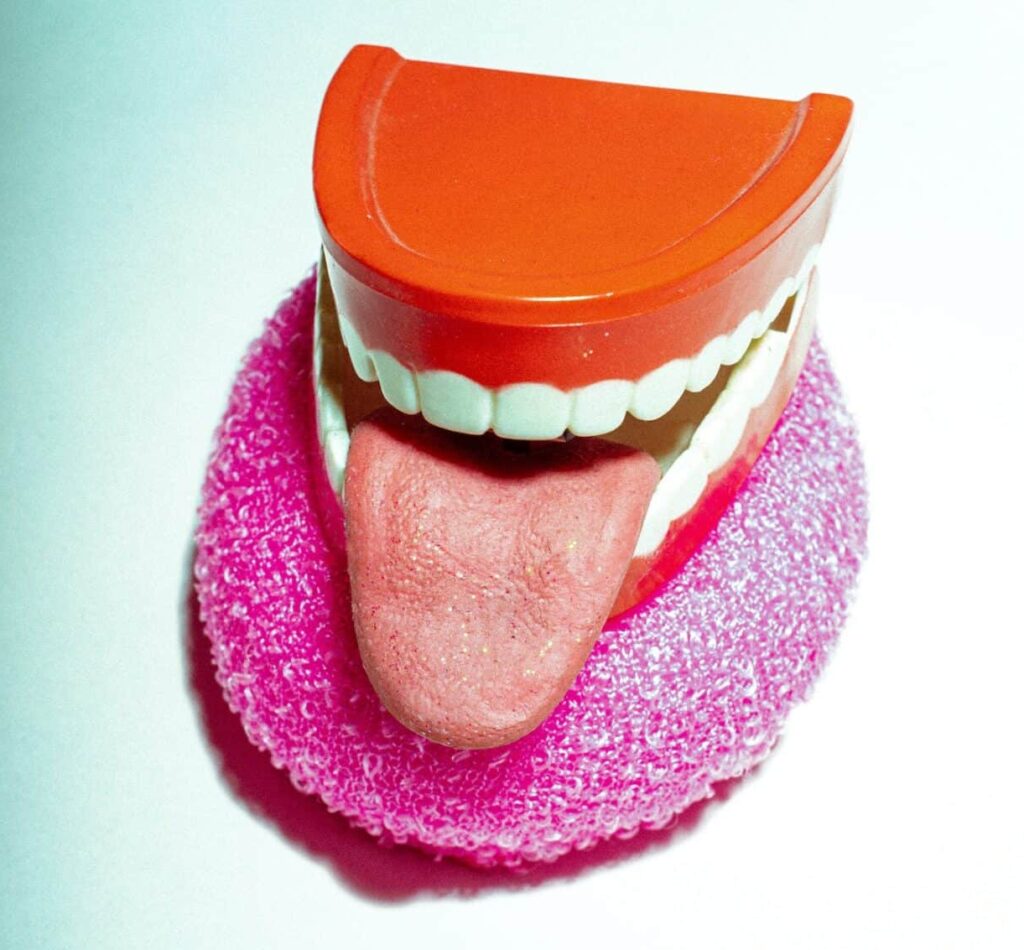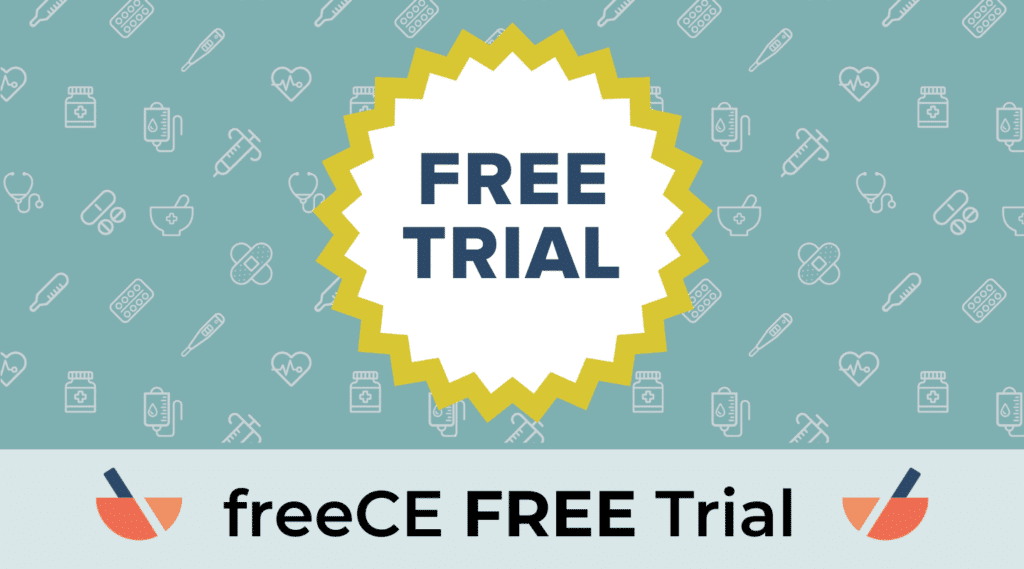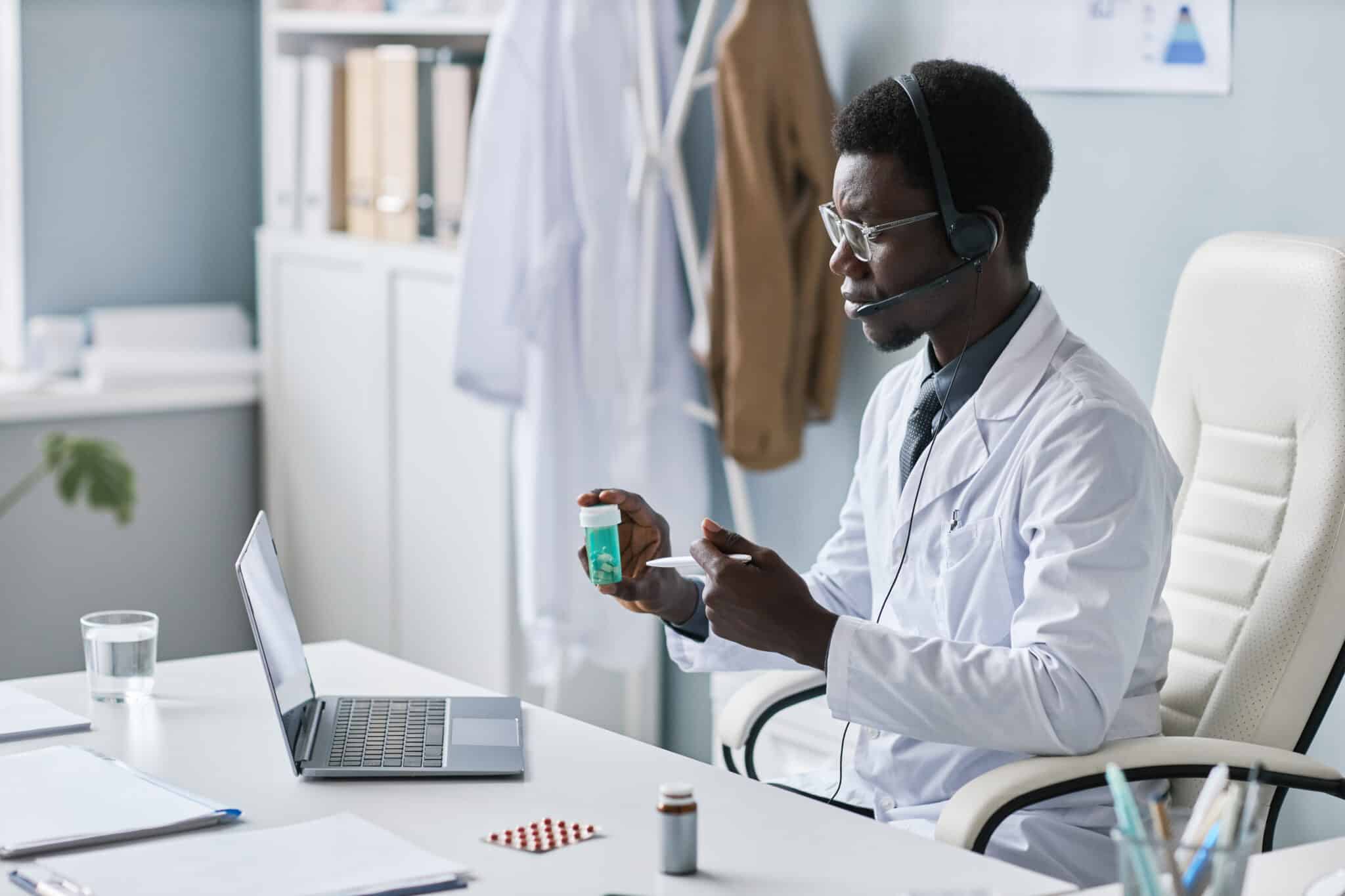We frequently see complaints of dry mouth in the pharmacy. Most complaints can be handled with over-the-counter products. Sugar-free lemon candies can be of great benefit, but if a patient is very ill, lemon and glycerin swabs can provide comfort.
I have seen about 6 patients with severe dry mouths that required pilocarpine or cevimeline. Almost all were females with Sjogren’s syndrome. Most also complained about the excessive sweating these products cause. I remember long before we had the pilocarpine tablets (Salagen®), we were dispensing pilocarpine 4% eye drops to provide those patients relief.
Table of Contents
Bruxism and Xerostomia
We have a lot of medications that we routinely dispense in the pharmacy that can cause dental problems as well. Bruxism and xerostomia (dry mouth) are two such conditions that are caused by a lot of meds in our fast-moving section!
Bruxism What Is It?
Bruxism refers to repetitive jaw-muscle activity characterized by clenching or grinding of the teeth and/or by bracing or thrusting of the mandible. Stress and anxiety can cause this condition, as well sleep disorders, an abnormal bite, or teeth that are missing or crooked.
The symptoms of teeth grinding include:
- Clicking or popping jaw joints
- Eating disorders
- Insomnia
- Enlarged jaw muscles
- Earache because of proximity of ear canal to temporomandibular junction
- Dull headaches
- Jaw pain and stiffness on waking
- Teeth that are painful or loose, due to wearing down of enamel and increasing sensitivity
- Fractured teeth and excessive tooth wear
Bruxism is a dangerous dental problem that can not only wear down teeth, but also make them sensitive or loose or even fracture them. Besides worn tooth surfaces, which can lead to sensitivity, symptoms can include headaches and a sore jaw.
Treatment may include mouth guards and skeletal muscle relaxants.
German researchers did a small study of 69 patients and concluded that participants with high sleep bruxing activity tend to feel more stressed at work and in their daily life and seem to deal with stress in a negative way according to the questionnaire.
Causes of Bruxism:
Bruxism can present with multifactorial etiologies. Many etiologies remain unclear, but several factors may be involved. The use of psychoactive substances (tobacco, alcohol, caffeine, or medications for sleep, ADHD and depression) can increase arousal and lead to problems with falling asleep, staying asleep, and daytime sleepiness.
Mental disorders, anxiety, stress, and adverse psychosocial factors are significantly related to tooth grinding during sleep. It has been found that nearly 70% of bruxism occurs because of stress or anxiety. Patients who use tobacco products have twice the incidence of bruxism. (https://www.dentalcare.com/en-us/ce-courses/ce485/medications)
Pharmacotherapy use may contribute to bruxism by lowering dopamine levels. Selective Serotonin Reuptake Inhibitors (SSRI) are the most commonly implicated, with citalopram (Celexa ®), Fluoxetine (Prozac ®) and Paroxetine (Paxil ®) being the biggest culprits. Mirtazapine (Remeron ®) might be a better alternative to the previous SSRIs. Drugs for ADHD (methylphenidate, amphetamines) can also cause bruxism.
Treatment
Pharmacotherapy
- STOP the offending medication!
- Buspirone (anxiolytic) may help with anxiety, without contributing to bruxism.
- Propranolol, gabapentin, botulism toxin may also be used.
- Clonazepam has the most evidence and has the additional benefit of decreasing nighttime leg movements.
Mechanical
Mouth Guards
- Premade Plastic Mouth Guards:
- Flexible plastic
- Don’t always fit adequately over the teeth
- May be an obstructive hazard.
- “Boil and Bite” Mouth Guards:
- Over-the-counters fit better than the pre-made but are more uncomfortable to wear.
- May interfere with tongue movement.
- CUSTOM FIT Mouth Guards:
- Made by dental professionals
- Vary from soft rubber up to acrylic
- Harder materials for heavy grinding
- More expensive production but better results
- Occlusal splints (bite guards):
- First line therapy
- Protect the teeth from premature wear, reduce jaw muscle activity and the noise of teeth grinding.
Xerostomia, What Is It?
Xerostomia is diminished saliva production and oral dryness feeling.
A healthy patient produces saliva at the rate of 0.5ml per minute, approximately 30 ml (1 ounce) per hour. In a person with xerostomia, the rate is reduced to 0.1ml per minute, approximately 6ml (1 teaspoonful) per hour. Besides aiding in chewing and digestion, saliva maintains the pH balance in the mouth by secreting bicarbonate ions produced in the salivary ducts, which combine with and neutralize the H+ ions produced in the fermentation process. Inadequate production of saliva is a risk factor for caries.
Common Causes of Xerostomia:
- Lesions in the salivary glands or duct obstruction
- Radiation injury to the salivary glands
- Chemotherapy
- Sjogrens syndrome:
- Most common disease affecting salivary gland.
- 9:1 female: male ratio
- Side effects: dry eyes, dry skin, difficulty swallowing and swollen inflamed joints.
- Hypertension
- Alcohol, tobacco, caffeine use
- Cystic fibrosis
- Lupus
- Crohn’s disease
- Biliary cirrhosis
- HIV
- Hepatitis-C
Drugs Implicated in Causing Xerostomia:
- Numerous psychotherapeutic agents:
benzodiazepines, buspirone, tricyclic antidepressants (amitriptyline), Selective Serotonin Reuptake Inhibitors (fluoxetine, sertraline), MAOI (Emsam®), venlafaxine, bupropion, lithium, valproic acid, and numerous antipsychotics - Antihypertensive agents:
- Clonidine, enalapril, methyldopa, prazosin
- Diuretics:
- HCTZ, furosemide, spironolactone
- Anticholinergics:
- Benztropine, trihexyphenidyl, atropine, dicyclomine, hyoscyamine
- First generation antihistamines:
- Diphenhydramine, promethazine, hydroxyzine
Primarily due to their anticholinergic side effects - Amphetamines and methylphenidates; ADHD meds:
- “Adderall tongue”: adverse effects of the medication on the tongue in patients
- Especially children
- Tongue and mouth movement, including tongue sucking
- Rawness and soreness of the tongue
- Biting or chewing of the tongue, lips, or inner cheeks
Bruxism - A small study of 50 individuals showed a relationship between “Adderall tongue” and Vitamin-D and calcium levels.
- Further study is warranted. https://bmcoralhealth.biomedcentral.com/articles/10.1186/s12903-020-01349-3
OTC Treatment of Xerostomia:
- Topical treatment of xerostomia is available as “Saliva substitutes”.
- Saliva substitutes may be most useful in the following situations:
- Before sleep because the viscosity of saliva changes at night
- After waking at night with dry mouth symptoms
during telephone conversations - During social and workplace interactions
in patients with dentures. - Contain carboxymethylcellulose and/or mucins for lubrication and viscosity.
- Contain xylitol or sorbitol as sweeteners
- Remember: sugar alcohols can cause diarrhea.
- Trade names: MouthKote®, Biotene Oralbalance® gel, Biotene® mouth spray, Salivart®, Xero-lube®
Patient tips:
- Sip water and sugar-free drinks. Avoid sugary drinks and caffeine.
- Chew Sugarless gum or suck on sugarless hard candies.
Use a humidifier. - Breathe through the nose, not the mouth.
- Practice good oral hygiene: brush, floss, see dentist regularly.
- Treat cracked lips with petroleum jelly or lip balm.
- Eat high moisture foods (mashed potatoes instead of french fries).
- Avoid spicy foods.
Prescription Pharmacotherapy Treatment:
Parasympathomimetics (cholinergic agonists):
pilocarpine (Salagen®), cevimeline (Evoxac®).
Side effects: excess sweating and gastrointestinal upset.
Monitor: development of oral candidiasis (thrush).
Dr. Rodney Messner adds:
Biotene products seem to be the most popular with my patients.
Xerostomia is a very common problem among our older patients. I do see it a good bit in my dental practice.
Don’t forget to advise patients to avoid highly acidic foods/drinks as well due to their erosive effect on teeth. With limited saliva production, these drinks can quickly damage the protective enamel layer.
Have a great day on the bench!!






